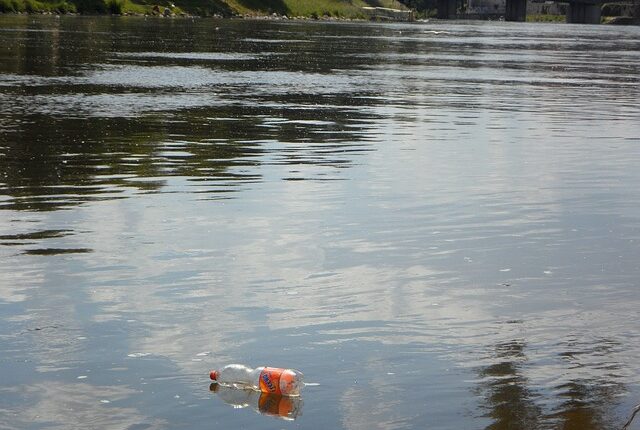What’s the Difference Between Greywater System & Rainwater System?
The water that we use every day in washing machines, dishwashers, and many other appliances goes down the drain into sewers. This can lead to acute water wastage. Thankfully, water treatment methods such as rainwater and greywater systems help in recycling wastewater. While both the systems help homes and businesses save water, they work differently. Let’s deep dive into how they work in practice and which one is best for your application.
The Working of Rainwater System
The system works by capturing rainwater for on-site use through a series of tanks, cisterns, and pumps. The collected rainwater can be reused for varied purposes, such as irrigation, landscaping, plumbing, and more. With the advent of technology, rainwater systems have become more sophisticated and come with advanced technology and features to keep the water quality high.
Top Benefits of Rainwater System:
- Reduces Flooding and Water Run-Off: By controlling stormwater runoff, you can reduce its velocity and stop surface water corrosion.
- Saving on Utility Bills: Having a source of water reduces your reliance on municipal water systems that help you save on your utility bills. Furthermore, you can use rainwater as your primary water source in case of emergencies. Also, unlike hard water, rainwater doesn’t produce scaling that helps in enhancing the lifespan of your appliances and piping systems.
- Supports Green Infrastructure Movement: With the increasing strain on groundwater sources, investing in rainwater and greywater systems is beneficial for the environment. Digging deeper wells and constructing dams can be expensive and damage the quality of the soil. Thus, looking for alternative and sustainable water recycling systems is wise.
The Working of Greywater Systems
Greywater recycling systems collect water from your sinks, plumps, showers, washing machines, and more to clean it up and redirect it back into your toilets, outside tap, and irrigation sources. A wastewater treatment plant like this can reduce your water usage by 50% and lessen your water footprint. These systems use a series of filters, pumps, sensors, and valves that attach to existing plumbing systems. Greywater systems are available in the market with different sizes, features, and technical specifications to cater to household, commercial, and industrial needs.
Top Benefits of Greywater Systems:
- Reduce Water Wastage: The use of freshwater in homes and businesses produces a lot of wastewater that goes into the sewer system. By reusing this wastewater, you can increase water efficiency.
- Wide Adaptability Across Industries: If you take a look around, you’ll find greywater treatment plants across hotels, universities, urban housing developments, manufacturing facilities, and even government agencies. This helps in reducing water stress on municipal and public water bodies.
- Promotes Sustainable Water Culture: A decentralized water source plays a critical role in drought resilience, climate change, and sustainability of natural water streams.
Which One Should You Choose For Your Application?
Unlike rainwater harvesting systems that rely on freshwater precipitation, greywater systems rely on used water for recycling. While choosing one for your application, you should consider your property’s capabilities, budget, and handling expertise. From storage to maintenance, greywater involves advanced chemical treatments and high-membrane filters. Before investing in any systems, talk to a specialist and decide on the size and configurations.
To know more, please check CleanTech Water.

